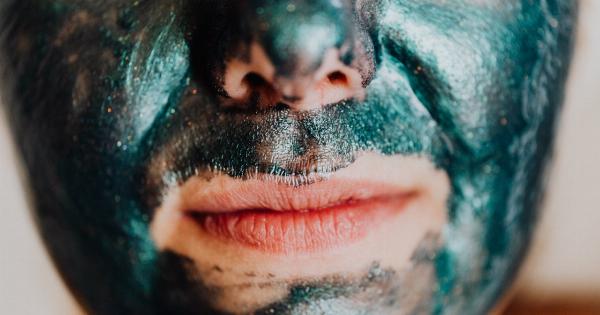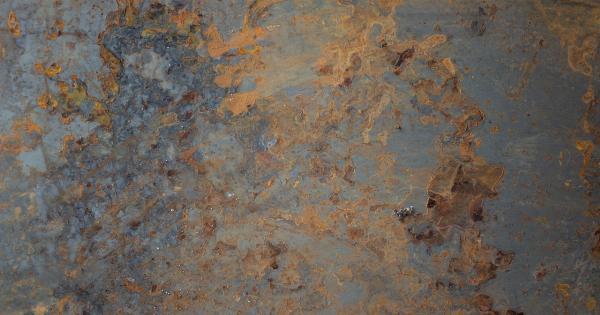Exfoliation can be a great way to get rid of dead skin cells and reveal brighter, smoother skin. However, there is such a thing as over-exfoliation, which can lead to a host of skin problems.
In this article, we’ll explore the dangers of over-exfoliation and how to avoid them.
What is Exfoliation?
Exfoliation is the process of removing dead skin cells from the surface of your skin. There are two main types of exfoliation: physical and chemical.
Physical exfoliation involves using a scrub or tool to physically remove dead skin cells. This can be done with a scrub that contains small particles, such as sugar or salt, or a tool like a brush or sponge.
Chemical exfoliation involves using chemicals, such as alpha-hydroxy acids (AHAs) or beta-hydroxy acids (BHAs), to dissolve dead skin cells.
The Benefits of Exfoliation
Exfoliation can have many benefits for your skin, including:.
- Removing dead skin cells
- Reducing the appearance of fine lines and wrinkles
- Unclogging pores and preventing acne
- Improving the texture and tone of your skin
The Dangers of Over-Exfoliation
While exfoliation can be beneficial for your skin, over-exfoliation can cause a range of problems. Here are some of the dangers of over-exfoliation:.
1. Irritation and Inflammation
Over-exfoliating can strip your skin of its natural oils, leading to dryness, redness, and irritation. This can make your skin more sensitive and prone to inflammation, which can exacerbate existing skin conditions like acne and rosacea.
2. Increased Sun Sensitivity
Exfoliating can make your skin more sensitive to the sun’s rays, which can increase your risk of sunburn and damage. This is because exfoliating removes the protective layer of dead skin cells that helps to block UV rays.
3. Breakouts and Acne
Over-exfoliating can cause your skin to produce more oil, which can lead to breakouts and acne. This is because your skin may try to compensate for the loss of natural oils by producing more sebum.
4. Dryness and Flaking
Exfoliating too often can cause your skin to become dry and flaky. This is because it can remove too many of the natural oils that keep your skin hydrated and moisturized.
5. Premature Aging
Over-exfoliating can also speed up the aging process by damaging the skin’s barrier function and collagen. This can lead to fine lines, wrinkles, and sagging skin.
How to Avoid Over-Exfoliation
Here are some tips for avoiding over-exfoliation:.
1. Choose the Right Products
Choose exfoliating products that are gentle and appropriate for your skin type. Avoid products with harsh ingredients like alcohol, fragrances, and synthetic dyes.
2. Don’t Exfoliate Too Often
You don’t need to exfoliate every day. For most people, once or twice a week is sufficient. If you have sensitive skin, you may want to limit exfoliation to once a week or less.
3. Listen to Your Skin
If your skin feels tight, dry, or irritated after exfoliating, it’s a sign that you may be over-exfoliating. Pay attention to how your skin reacts and adjust your exfoliation routine accordingly.
4. Protect Your Skin from the Sun
After exfoliating, be sure to apply a moisturizer with SPF to protect your skin from the sun’s rays.
Conclusion
Exfoliation can be a great way to improve the texture and appearance of your skin. However, it’s important to avoid over-exfoliating, which can lead to a range of skin problems.
By choosing the right products, exfoliating in moderation, and listening to your skin, you can enjoy the benefits of exfoliation without putting your skin at risk.




























